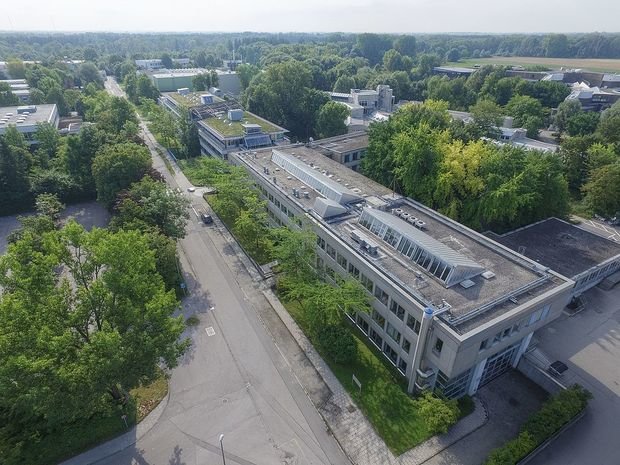Russia, Germany to cooperate in studying astrochemistry
The joint group of scientists will study how organic substances evolve in space
Scientists of Ural Federal University (UrFU) are creating the first research group in partnership with Max Planck Institute for Extraterrestrial Physics (MPE). The group will study astrochemistry, which is a relatively new discipline integrating physics, astronomy and chemistry. The partnership is part of Project 5-100 intended to raise the position of Russian higher education in international rankings.
German and Russian scientists will study the mechanisms of formation and evolution of organic substances in relation to the formation of stars and planetary systems, reports QS WOWNEWS. Scientists of the Astrochemistry and Extraterrestrial Physics Laboratory, which is being established in Yekaterinburg's UrFU, will create a ''partner research group'' with their counterparts from the Centre for Astrochemical Studies of MPE near Munich. In the next three years, the German party will spend about 1,5 million rubles annually on collaborative research.
''The group will work primarily in the sphere of astrochemistry, which is a relatively new discipline integrating physics, astronomy and chemistry,'' says Anton Vasyunin, head of UrFU's Astrochemistry and Extraterrestrial Physics Laboratory. He considers that the partnership with the German institute will encourage research visits and exchange of ideas between the parties and help strengthen international cooperation in science. Russian specialists are supposed to contribute to joint work primarily by conducting theoretical, quantitative and observational research of the evolution of chemical composition of interstellar objects.

Astrochemical studies aim to answer one of the fundamental questions of modern science regarding the origins of life in the universe. Astrochemistry, as well as star formation in general, is studied by a small number of scientists worldwide, and there are few such specialists in Russia. ''We have had a unique chance of creating the 'Russian astrochemistry'', considers Anna Punanova, who works in the new laboratory, adding that the unit hopes to achieve considerable results studying physical processes that had not been considered, such as interaction of cosmic rays with cosmic dust particles or formation of organic molecules.
The new partnership is part of Project 5-100, a state support programme for Russian universities. The project, which has been implemented since 2013, is aimed to raise the standing of Russian higher education and help member universities to improve their positions in respected world rankings.